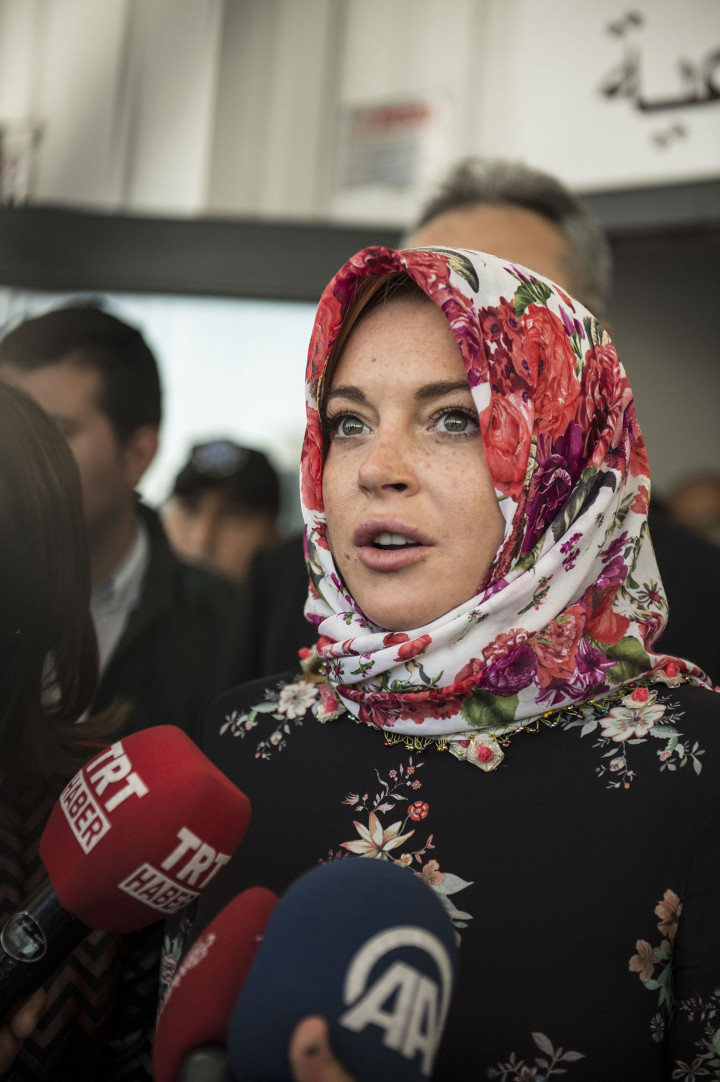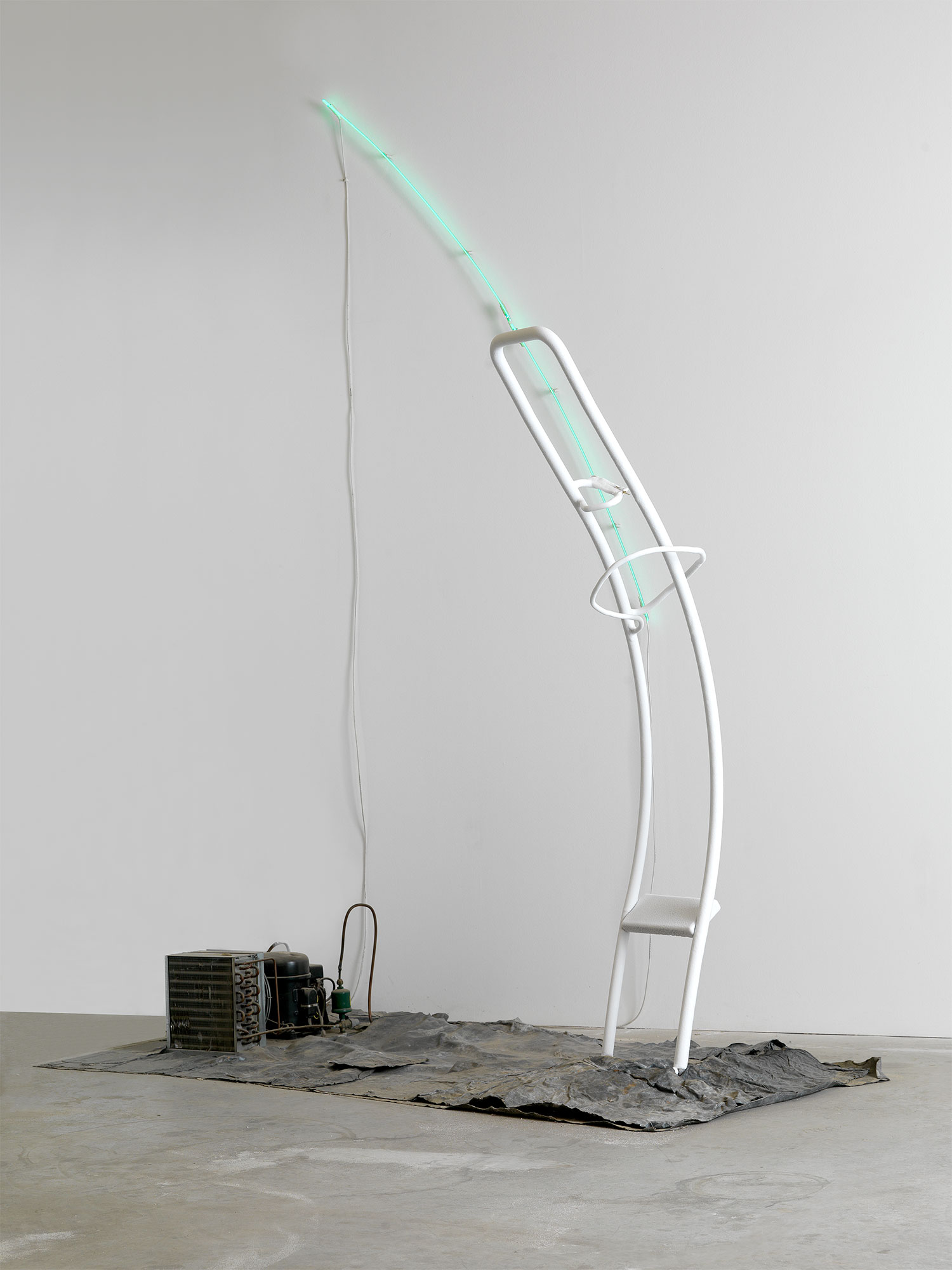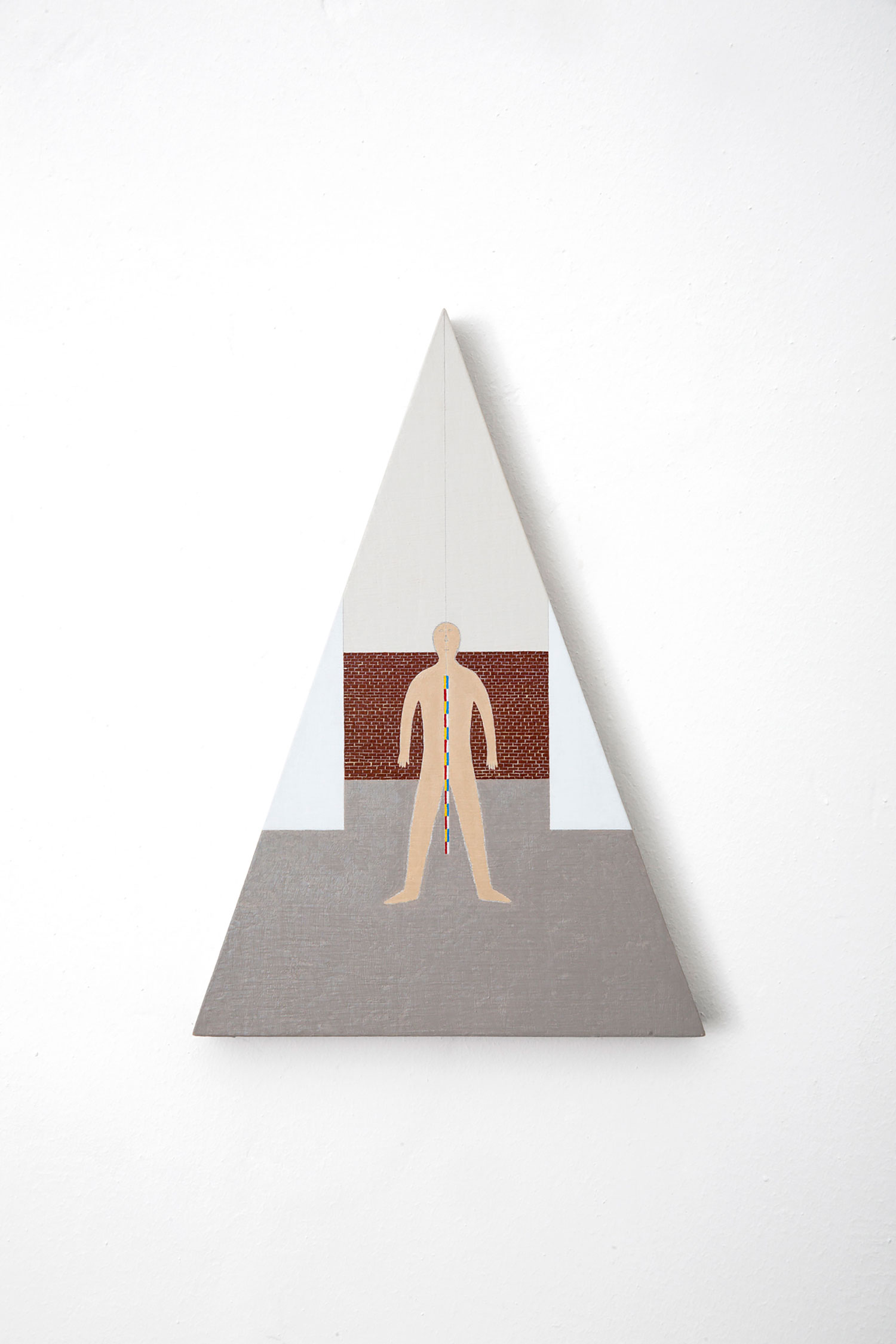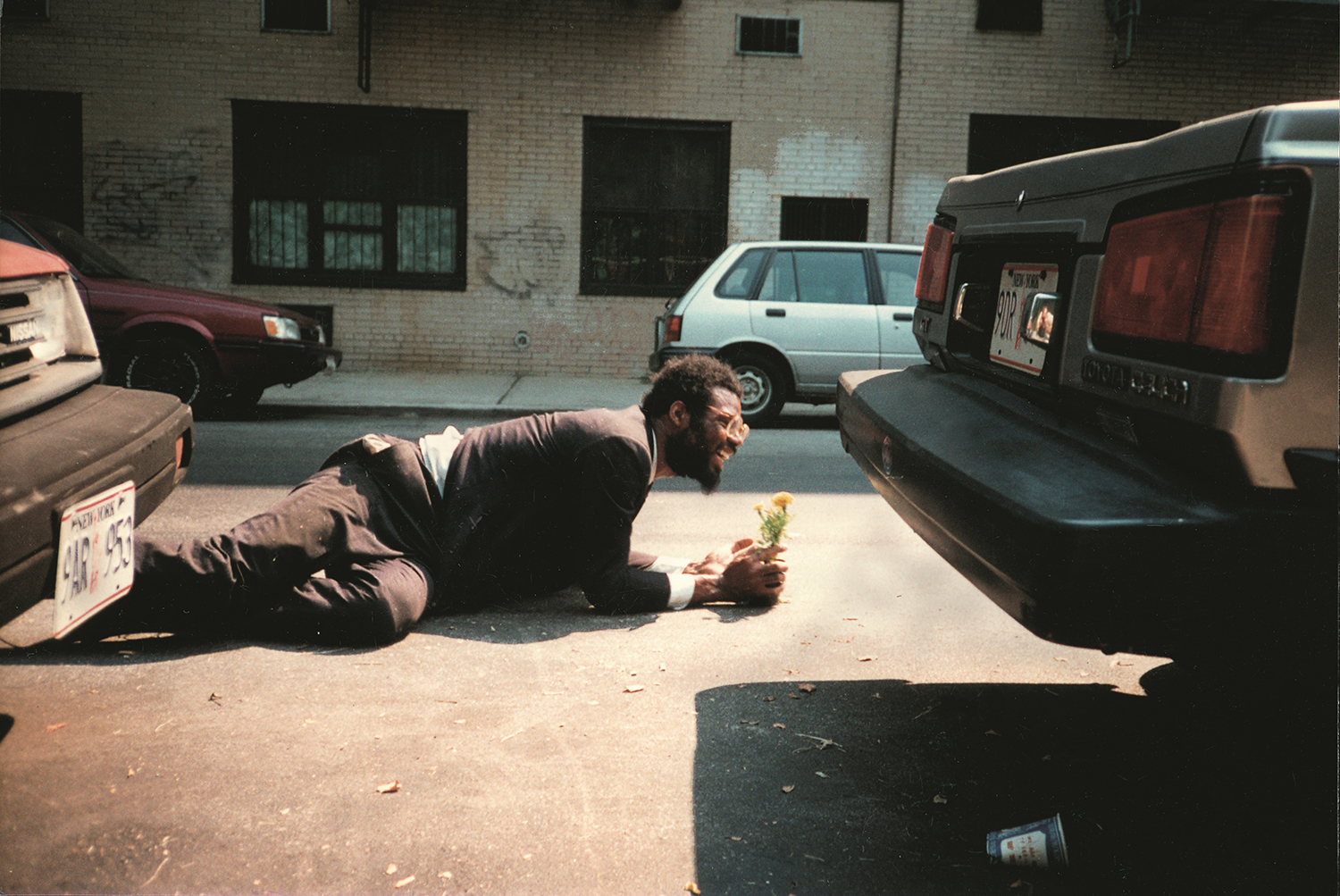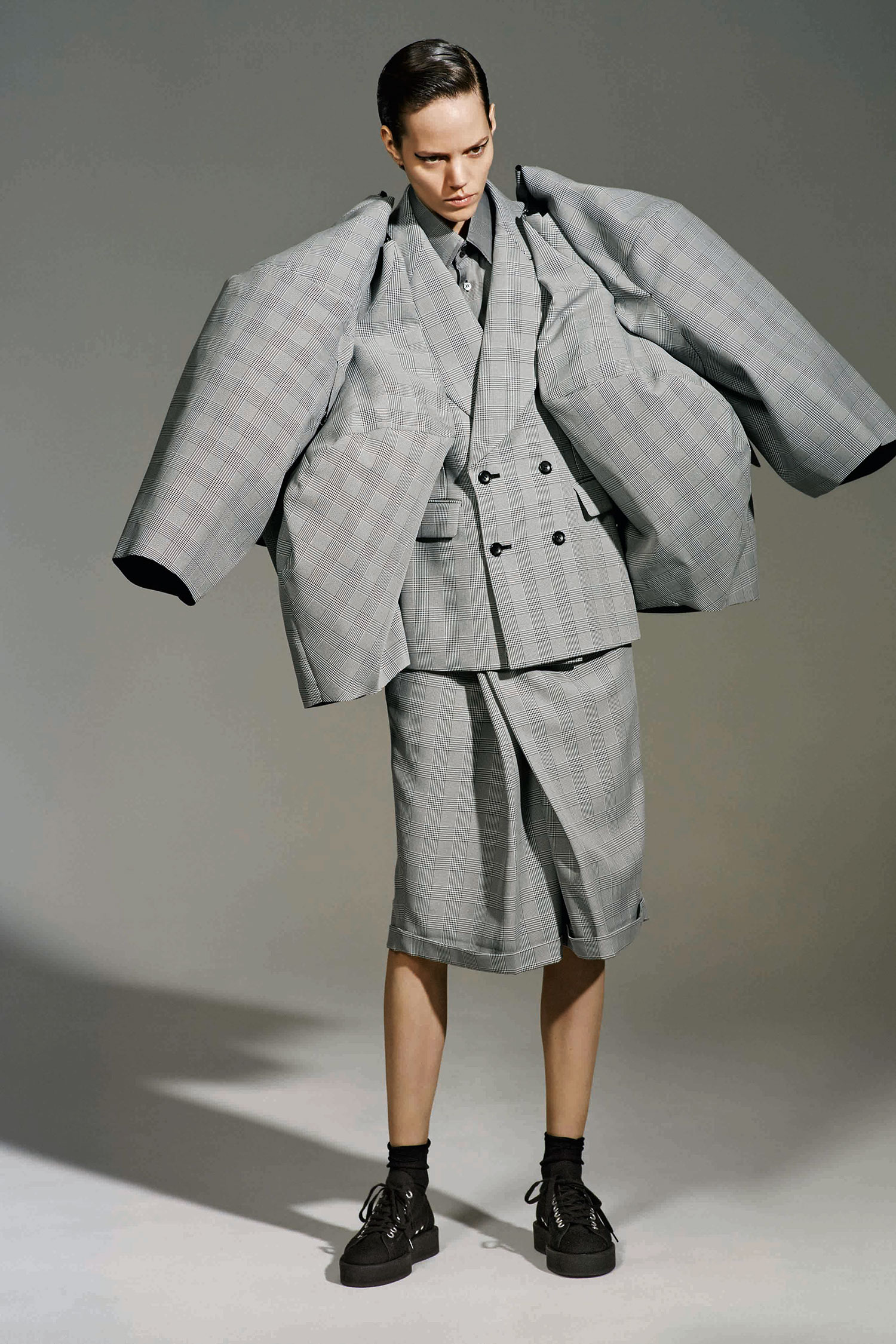
In 2012, Lindsay Lohan’s Porsche crashed into a dump truck on the Pacific Coast Highway. She was on her way to the set of the TV movie Liz and Dick, a biopic in which she played Elizabeth Taylor, released later that year. Likely afraid to exacerbate already existing antagonisms between her and the California judiciary, Lohan said her assistant was behind the wheel. She was convicted, the following year, of reckless driving and lying to police, and offered a plea deal combining community service, rehab, and psychotherapy.
In 2014, Lohan moved from Los Angeles to London to coincide with her theatrical debut: an appearance in David Mamet’s 1988 play Speed-the-Plow in the city’s West End. In it, she played Karen, temporary secretary to a Hollywood executive. (The play’s original staging on Broadway cast Madonna in the role.) Lohan’s departure from Hollywood was a practical one: two DUIs, six tours in rehab, five years of uninterrupted probation, and a general reputation for chaos had reportedly made her uninsurable, meaning filmmakers would be liable for costs incurred by Lohan’s sudden absence or inability to work, which they were largely unwilling to agree to. The shift was also one of social reorientation. Away from Hollywood, the actor entered social spheres of greater private wealth and less public accessibility: a matrix of international trust-funders, oligarchs, and billionaire peripatetics whose affluence, unlike that of her Los Angeles peers, operates within a studied invisibility. It was in the context of this transition that Saudi friends gave Lohan the gift of an English-language Quran. In later interviews, Lohan spoke of the text as one would a self-help book.
Lohan was meanwhile returning to the US for short intervals to complete her court-ordered community service as penance for the dump-truck accident. On one occasion, Lohan was seen leaving the Duffield Children’s Center — an early-learning literacy center in Fort Greene, Brooklyn — holding an iPhone, a tube of what looks like lip balm, and the gifted Quran, prompting a cycle of rumors of Lohan’s religious conversion to Islam. This cycle would become the first of many. It’s also notable for us, in the discussion that follows, as the moment at which Lohan’s media narrative begins to deviate from its tired script.
The sexy problem child is a longstanding historical trope, of which Lohan is just one contemporary instantiation. It’s a parable ultimately about women and power, often bearing associations with desire, value, narcotics, mental-health pathology, sex, celebrity, and control. Women’s lives are shuffled into this narrative, and forecasted to end in contrition and humility (good acts) or tragedy. In response to Britney Spears’ much-publicized erratic behaviour in 2007, a California court put her under conservatorship, a relatively obscure legal process whereby her father and her lawyer make all significant personal and financial decisions on Spears’ behalf. This is Spears’ current, permanent legal status. It effectively renders Spears a child under the law, forced to gross millions for her family performing Las Vegas residencies in perpetuity. Amy Winehouse’s body was so weakened from alcohol abuse that one day her heart slowed to a stop; Marilyn Monroe ingested a whole bottle of Nembutal within the span of a few minutes.
Comparisons between Lohan and Monroe are especially commonplace, despite the historical specificity of the celebrity cultures in which they gained currency. (The sexy problem child has a special role in the era of networked communication technologies, where infinite desire is met by infinitely reproducible images.) Yet in 2008, New York magazine re-created a 1962 Playboy photoshoot of Monroe, famously the actor’s last, with Lohan in her place. Paul Schrader, who directed Lohan in her last significant film project to date, The Canyons (2013), describes reading about Monroe’s last completed film, The Misfits (1961), and being “stuck by the similarities” between Monroe and Lohan: “Tardiness, unpredictability, tantrums, absences, neediness, psychodrama — yes, all that, but something more, that thing that keeps you watching someone on screen, that thing you can’t take your eyes off of, that magic, that mystery.”
It’s a creepy and effective statement of the infinite, misogynist loop between perceived insecurity and desirability. On The Howard Stern Show in December 2004, in an interview that’s sadly come into renewed relevance, Donald Trump brings up the subject of Lohan. “Can you imagine the sex with this troubled teen?” asks Stern. “Yeah, you’re probably right,” responds Trump. “She’s probably deeply troubled and therefore great in bed. How come the deeply troubled women, you know, deeply, deeply troubled, they’re always the best in bed?” “Because they’re looking for love,” Stern replies, “they’re looking for positive affirmation, they’re looking for a father figure who will love them and tell them they’re wonderful and they’ll never be enough. No matter how many times you tell them they’re beautiful, no matter how many times you tell them you love them they want to suck it up more. They would drain you like a vampire until your head caved in if they could get more love.” Lohan was eighteen at the time.
If the Quran paparazzi photos marked the beginning of the media’s inability to give meaning to Lohan in the terms above, a late-January meeting between Lohan and Turkish president Recep Tayyip Erdogan likely represents its apex. In an image of the event, which took place at Erdogan’s home in Ankara, Lohan smiles softly, and Turkish first lady Emine Erdogan appears next to the president, who cradles seven-year-old Bana al-Abed, a refugee from Aleppo. Beyond the taking of this photo, it’s difficult to discern exactly what, if anything, transgressed. I’ve obsessively searched for clues as to who might have facilitated or brokered this meeting, but it’s impossible to see plainly the exact mechanisms of influence that made this occasion a fact. English-language media reported the event primarily as an oddity, perhaps just because the cultural literacy necessary to decipher its meaning is too obscure.
Lohan’s invitation was related to the charity work she’s undertaken in support of Syrian refugees, some of which, to a certain extent, is in keeping with the liberal Hollywood white-woman charity discourses of figures like Madonna or Angelina Jolie. Even Lohan’s visit to a refugee camp in the Turkish border city Gaziantep, where she wore a headscarf given to her by an aid worker, is consistent with this paradigm: an enlightened white celebrity pays tribute to the global dispossessed, dressed in local custom. Where Lohan’s work diverges from this narrative is in its wildly confusing alliance with the increasingly fascist Turkish state. (A state of emergency Erdogan introduced as a temporary measure after last year’s failed coup continues indefinitely, seeing the imprisonment of people in the tens of thousands, the forced dissolution of thousands of civil groups, and the closure of hundreds of media outlets. An April referendum voted to dissolve parliament in 2019, giving the president total power over government.)
An eponymous club, LOHAN, opened in Athens in October of last year, a joint venture with Dennis Papageorgiou, a Greek shipping magnate and restauranteur Lohan met in Mykonos that summer. At the club’s opening night, Lohan was filmed describing its approximate concept to local reporters. “Greece has welcomed so many refugees from Syria, just as Turkey has […] This is something to celebrate. So I want LOHAN to be a celebration of everybody coming together.” Money from the club would be directed to Syrian refugees. The practicalities of this redistribution — what would be given and how — were not made public, and remain to be seen.
Eerily, a slogan of Erdogan’s invention, “the world is bigger than five,” also made its way into Lohan’s statement to the press. It refers to the five permanent members of the United Nations Security Council — the US, the UK, France, China, and Russia — whose power to veto any substantial Security Council resolution ensures the prioritization of their own political interests. She says it twice. In Lohan’s January meeting with Erdogan, they both wear pins that bear the phrase.
The same Greek interview gained traction in the following days — not for the bizarro opportunism of its message, but for the manner in which it was delivered: in an unfamiliar, distinctly Unamerican cadence, an affectation of something ambiguously Mediterranean, British, or Arabic. It has the distinct register of Americans in Europe who adopt the ESL idiosyncrasies of those in their midst, which often sounds contrived but is mostly circumstantial, just evidence of lingual porousness.
One corner of Twitter noted the proximity of Lohan’s new accent to that of a generational cohort from the Persian Gulf who use English as their first language, uncharitably called “chicken nuggets.” Writer and artist Sophia al-Maria describes this demographic as “like re-constituted chicken bits […] made from a lingual slurry. Brown on the outside, white on the inside. Speak no language good.” On Instagram, Lohan reads like a near-permanent fixture on someone’s yacht, excepting regular trips to Dubai. Lohan spent a few weeks in the UAE around New Year’s Eve of this year, after which she deleted every Instagram post she’s ever made. She nonetheless maintained her account and its 5.3 million followers, and changed her bio to read “Alaikum salam ✋🏻,” which translates to “and unto you peace” in Arabic. A new round of speculation about Lohan’s potential religious conversion gained in breadth and intensity.
The new-year-new-me invocation of the greeting implies an association, for Lohan, of Islam and wellness, both subversive objects for the kind of cultural figure she has been understood to be. On January 27th, the first image she posted after her break was that of her meeting with Erdogan, tagged #cleanslate2017 (among other things). Subsequent posts are tagged #mashallah, #modestfashion, #namaste, #peace, and #happyramadan, and quote Muhammad and Mother Theresa, all of which is consistent with the kind of content she was posting before the deletion.
It would be wrong to characterize Lohan’s public relationship to Islam as an example of celebrity wokeness, regardless of whether or not that term is deployed ironically in doing so. It has little in common with the language of social justice or the kind of measured virtue-signalling pervasive in celebrity political discourse in 2017. It rather follows a pattern of white women who transpose feelings of alienation onto identification with racialized or otherwise persecuted groups. In an interview on Turkish TV, Lohan described feeling “unsafe in her own country” after the circulation of the Quran photo and its attendant retrograde vitriol — those who took seriously Lohan’s interest in Islam were also those who found it reprehensible. While traveling to New York, according to Lohan, a security staff at Heathrow airport requested that she remove her headscarf, then saw her passport identifying her as Lindsay Lohan, then apologized while continuing the security check. “I got stopped at the airport and racially profiled,” she explained in an appearance on Good Morning Britain in February.
That Lohan feels a sense of otherness in her transactions with the repressive state apparatus in the time of Trump’s Muslim ban is not a coincidence, nor is her appearance in a burkini on a Thai beach in April unrelated to the Islamophobic prohibition enacted by certain French Riviera municipalities last summer. Lohan’s image as a sexy problem child was cemented under a Bush presidency, followed by derailment and recuperation under Obama. There’s a weird temporality to Lohan’s public flirtations with Islam under Trump, as though she’s misplacing Islam in the mediascape. Popular media has neither clichés nor discursive tools by which to attach her actions — those regarding the Quran, refugees, the Arabic language — to meaning. (Most news items about Lohan from the last year are framed as an open investigation, focusing almost exclusively on finding evidence for or against an imagined conversion. She has never publicly committed to an answer.) It’s tempting to interpret Lohan’s will to illegibility as an instrument of political agency, but too simple. Where narratives about celebrities like Lohan are designed to end in compulsory atonement (like Spears) or lethal escape (like Monroe), though, Lohan seems to at least be writing herself out of the story.

